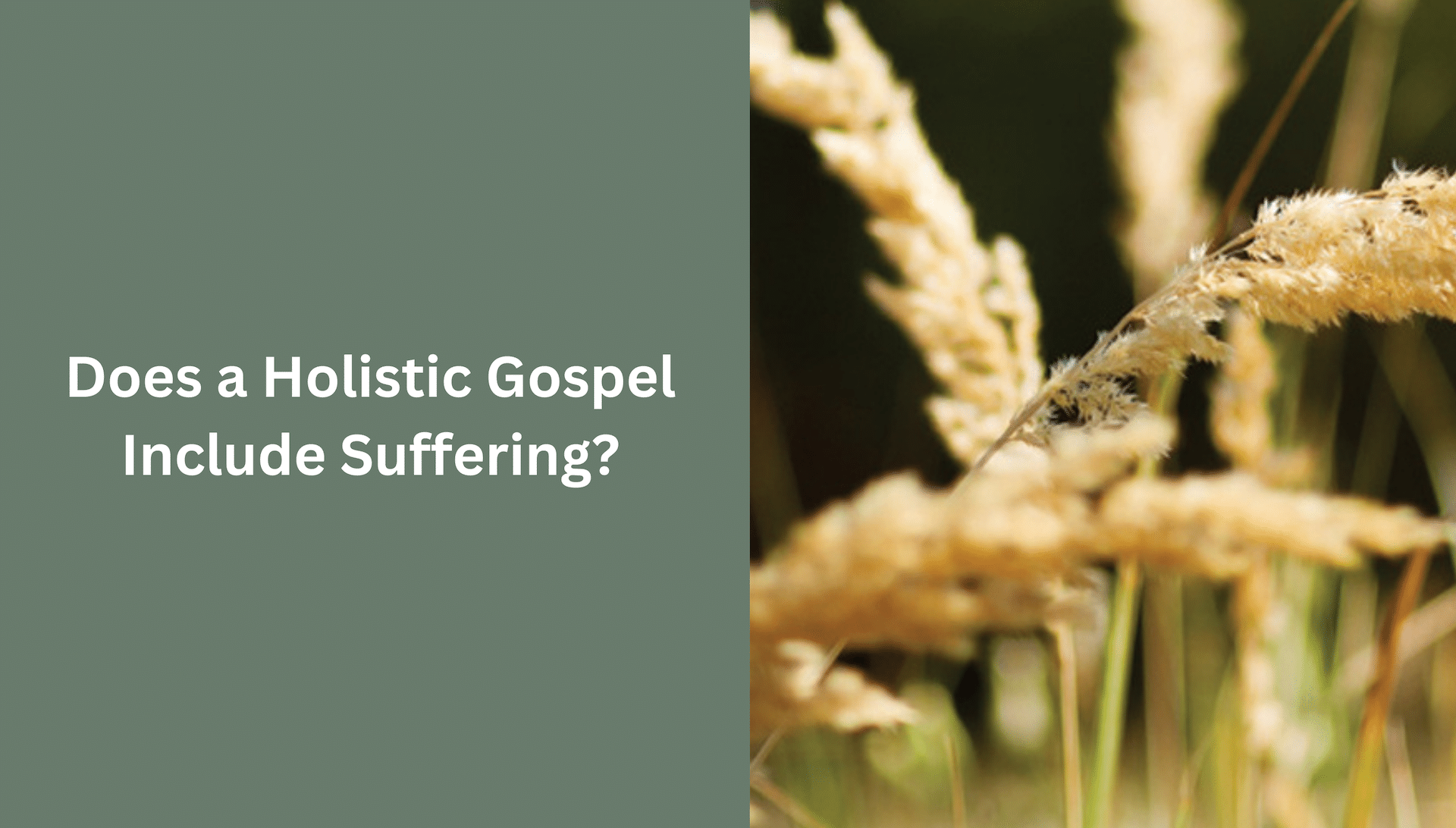By Jean Johnson
Fairly soon after Jesus gave the invitation, “Come, follow me,” he told those who followed him: “Blessed are you when people insult you, persecute you and falsely say all kinds of evil against you because of me” (Matthew 5:11). When people volunteered to follow Jesus, Jesus invited them to count the cost, “Foxes have holes and birds of the air have nests, but the Son of Man has no place to lay his head” (Matthew 8:20).
It wasn’t all talk. Indeed, followers of Jesus faced intense suffering and persecution. The Bible reveals that disciples of Jesus were mocked, scolded, humiliated, beaten, dragged out of homes, jailed, stoned, and killed. Amazingly enough, the persecutor of all persecutors, Saul (Paul) was eventually severely persecuted. Paul acknowledged that the Thessalonians became imitators of the Lord in spite of severe suffering (I Thessalonians 1:6). If you were to sit down with the Bible and highlight all the Scriptures that reveal the fact that there is a cost (emotional, physical, social, and spiritual) in becoming a disciple of Jesus, you would need more than one highlighter.
I wonder if Western missionaries (including me) have gone soft? Is it possible that when we go about inviting people to become followers of Christ throughout the world, we have diluted the invitation and process? It seems to me that the Western Mission paradigm has become much more about counting the benefits—Yes, Jesus Christ and free education for my kids. Yes, Jesus Christ and employment with an NGO, triple the salary that I am use to.
I wonder if we, at least American missionaries, have lost sight of a “holistic” gospel?
If I don’t overemphasize God’s stated blessings for the Israelites in the Old Testament, faith in Jesus and commitment to obey Jesus is utterly entangled with persecution, suffering, sacrifice, and counting the cost. Jesus had the disciples count the cost almost immediately after he said, “Follow me!”
My fear is that our desire to ensure, without a doubt, that the proclamation of the gospel comes with tangible and immediate benefits (economic improvement, educational advancement, etc.) in the name of “holism” that we have overlooked the holistic combination of believing and suffering. We love to applaud ourselves for discovering the seamlessly holistic combination of word and works. But, perhaps we have unknowingly created other severe dichotomies, such as offering salvation and ease of life, while keeping the “counting the cost” component for a much later time. What if that much “later time” is too late?
Why is this dichotomy a concern? Counting the cost creates capacity for longevity in Christ. Counting the benefits can quickly lead to an anemic faith that quits when the fringe benefits stop.
In conclusion, we may need to revisit our missiology by asking the following questions: 1) Have Western missionaries downplayed the holistic combination of “inviting people to follow Jesus” and “counting the cost/suffering because of Jesus?” 2) How has offering fringe benefits along with the proclamation of the gospel put “counting the cost” on the back burner? and 3) What might be the advantages of allowing blessings and improvements to arise as natural outcomes of people living in faith, making healthy decisions, sharing with others, and practicing accountability, rather than receiving instant benefits due to foreign charity that accompanies the gospel?


